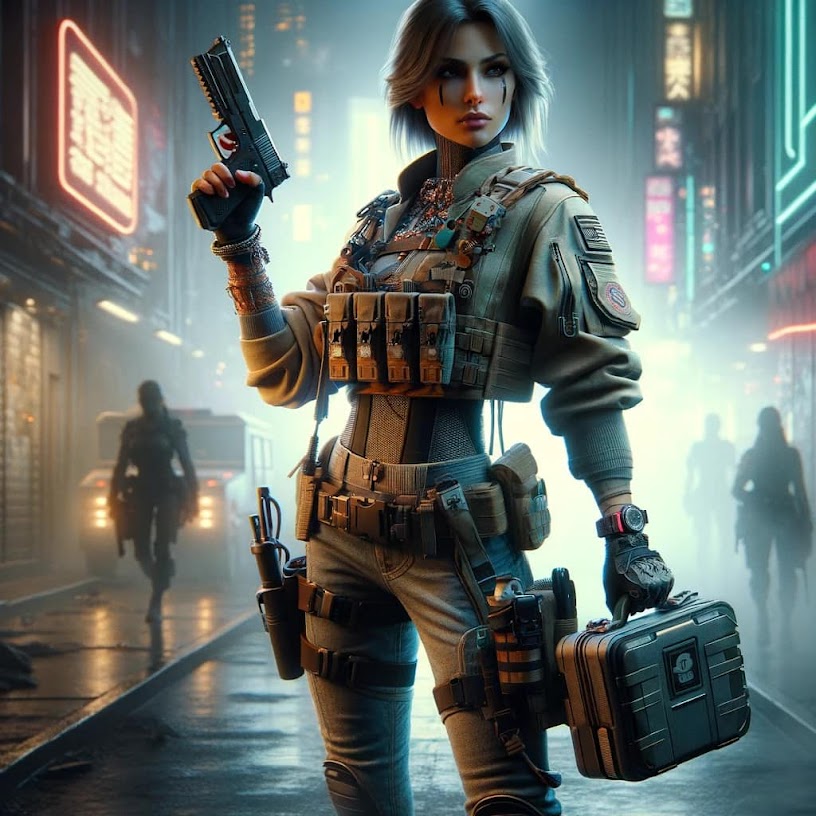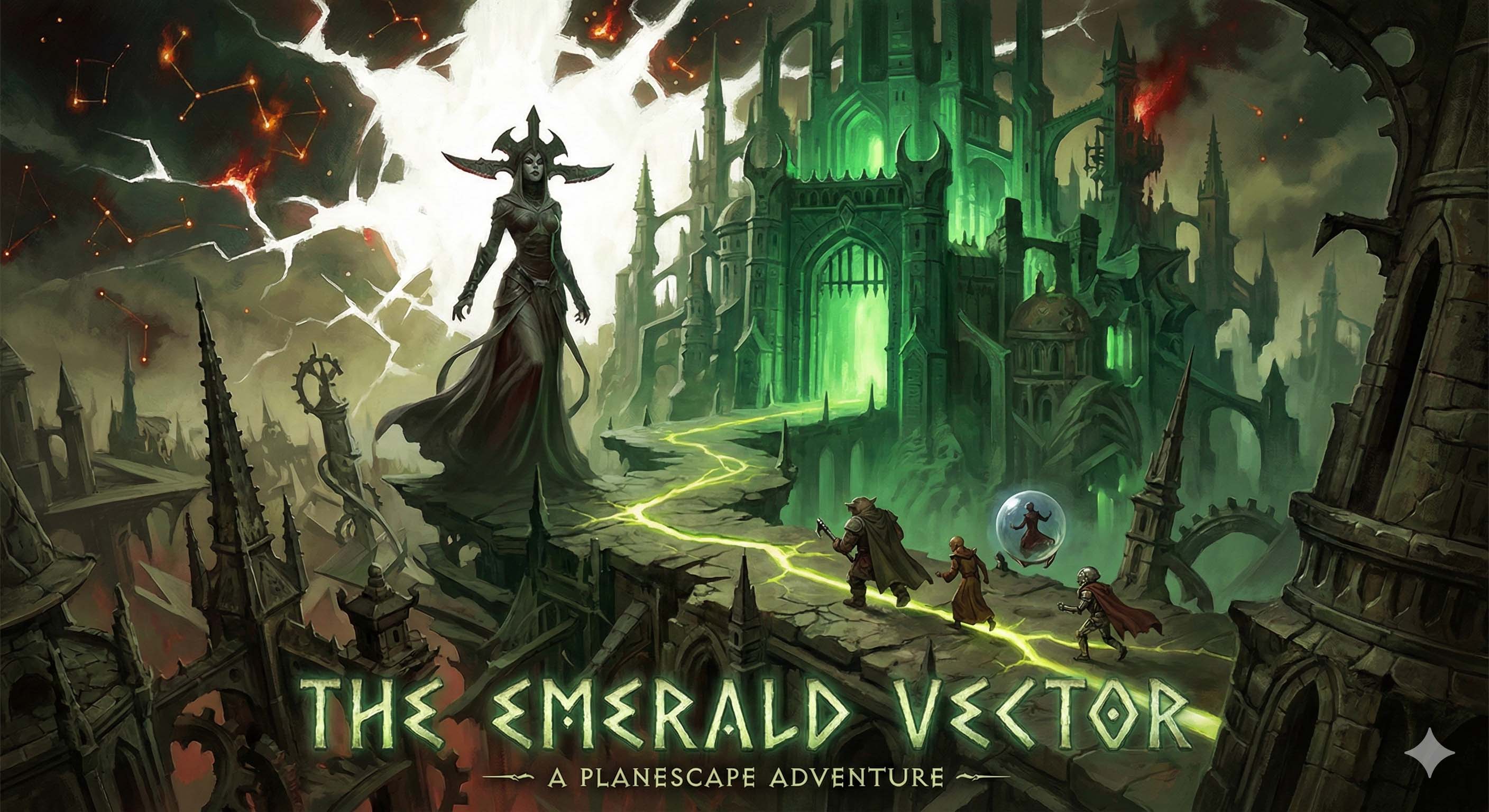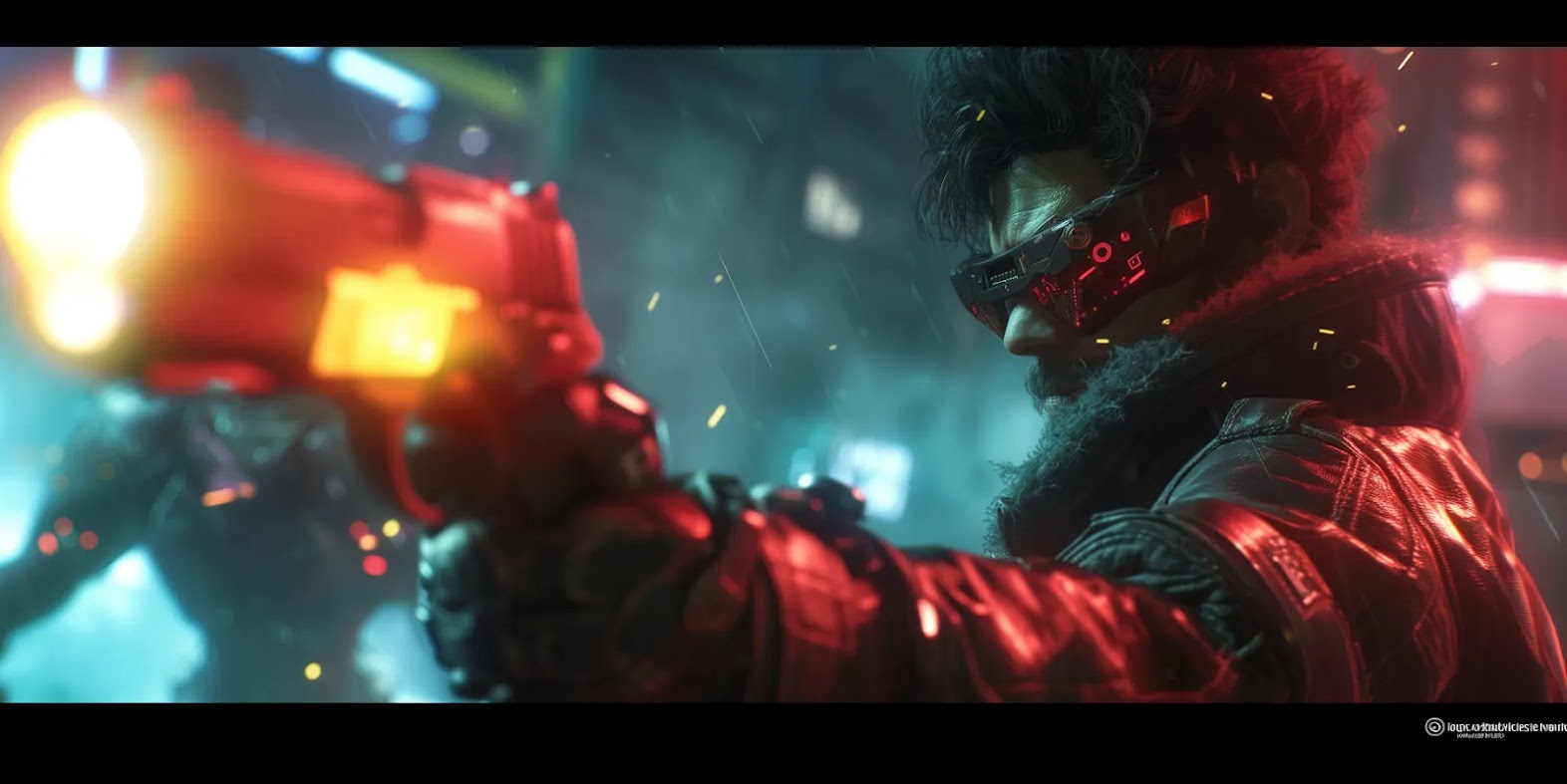
It’s the high tide of sci-fi action: RoboCop is ventilating boardrooms while ED-209 jams and malfunctions; The Terminator stalks through Tech Noir and turns a police station into a tomb; Predator chews a jungle full of commandos and spits bones under heat vision; and Total Recall throws bodies down escalators while Mars wheezes through a red storm. Now pour a double shot of John Woo—Hard Boiled’s hospital-on-fire oner with a baby in one arm, The Killer’s dove-strewn church shootout—and you get the operating temperature of Galactic Battles: dirty neon, hard choices, fast dice.
In this world, anyone can get shot (or worse) at any moment—and the rules don’t flinch. You don’t sponge damage. You plan the ambush or you become scenery. You average your Marksmanship + weapon subskill + AGL, roll under on the d100, and watch the physics of bad ideas happen in real time. Light wounds sting; serious wounds demand that END roll—or you black out on warm concrete. (Ask Murphy how fast a routine stop becomes a legend.) Cover matters. First hits matter more. In Durane City, the siren doppler is a metronome for regret; in Yara, the clean streets hide sentences sharper than bullets. If the Galactic Police show up, that’s not a fight—it’s a timer.
That’s the promise—then and now. A TTRPG tuned to the body-count poetry of ’80s sci-fi and the balletic carnage of Hong Kong gun-fu—where you decide how loud your legend burns before it gutters.

“Kid, you want the rundown—the dirty neon, the hard choices, the fast dice. Strap in.”
The mall screens are looping panic footage: five idiots with delusions of legend, smoke boiling out of the food court, a plaz-light glinting like a bad decision in noon sun. Ace Bill Stocklen’s voice cuts through the static—“the Fabulous Five… mall… guns out, hands sticky with loot”—like he’s reporting the weather, if the weather were bullets and cheap adrenaline. Somewhere between sirens and gossip: a “reformed” medic named Sandy buys a rifle, then ventilates a dozen bystanders when the clerk says no. Tabs love a villain, and Durane loves a story you can sell twice: once to the newsfeed, and once to the Guild who’ll pay for cleanup.
Welcome to Durane City—the part of Dorrin where freedom is a full-auto setting and consequences are just bills with late fees. The other planet in this system, Yara? Rules, suits, no guns. Clean streets, cold smiles. Durane might let you get away with murder (sometimes); Yara won’t let you get away with chewing gum (most days).
You don’t arrive to save the day here; you show up to survive, make a buck, and maybe leave a dent in the underbelly before the underbelly leaves a dent in you. That’s the game. That’s the fantasy.
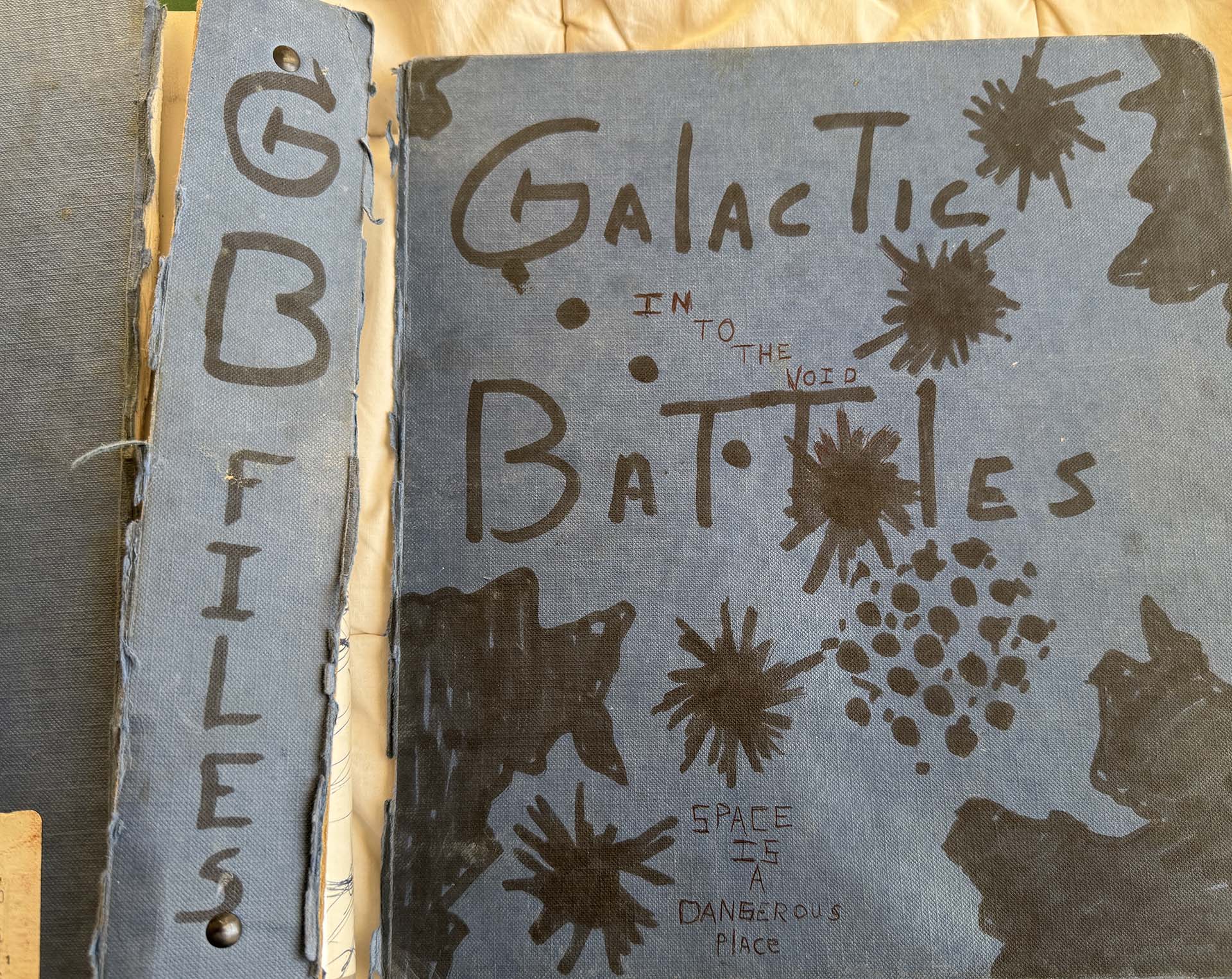
We were four and broke: a Human pilot with too many parking tickets, a Cleethar who introduced himself by polishing his claws on a bouncer’s chest plate, a Vlendoren with a voice like a canceled transmission, and me—Rex—trying to keep everyone’s debts alphabetized.
A fixer on the Guild line had a packet: walk it from a Durane pawn office to a Yaran courthouse, no questions, no prints, 4,000 credits. “Paper cut,” he called it, because it stings and then you bleed later.
We made it three blocks before Durane PD screamed overhead on hover cycles, five in formation, sirens strobing like angry bees. The city says they protect property and try not to bruise your feelings. Kidding—the slogan’s the other way around, but the priorities aren’t. The line between “warning” and “engagement” is mostly a timing issue out here.
When the bikes banked low, we bolted. Your jogging speed is AGL ÷ 5 ft/s; walk is half that, run is double. So with AGL 45, your jog is 9 ft/s, run 18 ft/s. Distance is life in Durane’s alleys—especially when loud sirens mean “paperwork later” if you’re lucky.
We cut into a service arcade, neon dying overhead in fizzy pinks. The Vlendoren slid along the condensation trench like he’d been born in a gutter (which, for them, is basically a compliment). He slapped a palmful of gummy secretion on a back-door lock—sticky tricks—then hissed “in,” and the door believed him.
Inside: a cube farm of dead kiosks and a shuttered med-stall—the kind where the license is a rumor and the bed is a gurney with history. “Got gauze?” I asked the stall, out of habit. Never hurts to inventory the exit wound before you take the entry.
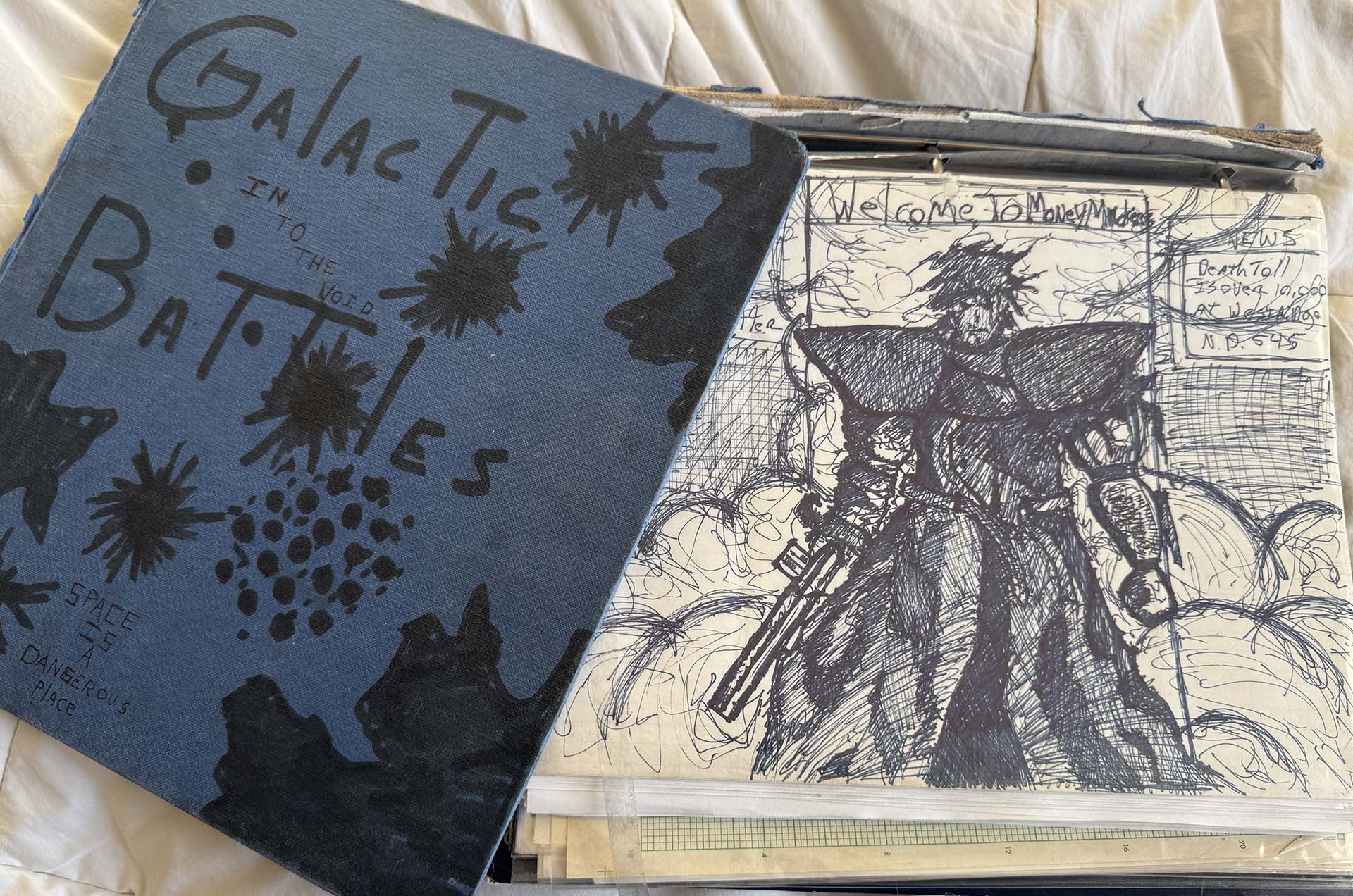
Durane’s big show is the Freedom Games—Carnage Arena, two million spectators, three thousand criminals vying for a second chance at tomorrow’s headline. Names like Viper and Krendal get odds, and the claws on a Cleethar like Klintath make security tape look like abstract art. Civic event, they say; warning, we say. On Games days, PD breathes different: more eyes, more pressure, more sudden promotions for anyone who tags a “major threat.” Today, any five warm bodies in a shadow could be that threat.
We took the stairs to the garage roof—because the straight line is for people with armor. The door blew inward as we hit the landing. First bike crested the lip, blue lamp painting everyone’s crimes across their faces.
The Cleethar moved first—honor like a fuse. He braced behind an extractor fan and held position for the others to get past. People call them warcats for a reason; when a Cleethar says “go,” you either go or you watch him make the choice for you.
The loop is Initiative → Hit → Damage. To hit with a pistol, average Marksmanship + Pistol + AGL, round, then roll d100 under that number. Cover matters. First hits matter more.
Our Cleethar (AGL 52) had Marksmanship 44 and Pistol 18 → (44+18+52)/3 ≈ 38% to tag the lead rider from behind steel vents.
He rolled 12. Clean hit. The rider’s Life Points dropped, and suddenly the sirens had harmony.
Life Points = (STR + END)/2, rounded. Light wounds are 10% of Life; serious are 3× that light number; critical is anything above. Serious or critical? Roll under END to resist shock or stay conscious. This is why Endurance isn’t just a number—it’s whether you fight on or black out on warm concrete.
The pilot snapped a shot at me through the doorway. It shaved a hole in the jamb and kissed my shoulder. 2 LP—light wound. Pain like a dentist with opinions, but nothing that slows the hands. A second later, our Human pilot took a 10-point plasma lick to the thigh—serious wound. He had to roll under END or go into a pain fugue. He made it—barely—and started crab-walking to cover, leaving half a swear and a short biography in blood.
The Vlendoren spat another gleam of mucous—slicking the stairwell—then hissed at me to move. We stacked, we shifted, we did not hero-pose. That’s how you get a plaque with your name spelled wrong.
When it’s over, your Heal Rate (HR) per restful day is 10% of END. Sandy with END 52 heals 5 LP/day—if she isn’t dodging warrants or gluing clinic gloves to someone else’s disaster first.
We made the Yaran line before sundown—the border smells like disinfectant and victory speeches. Guns stowed (you can own fashion on Yara, not firearms), we passed the packet through a chute and watched a clerk with perfect hair and no opinions stamp a receipt that looked like amnesty and felt like paperwork.
The credits cleared into hard coin (cash doesn’t gossip; Credx does), and the pilot joked about buying a new knee. Maybe he will. Maybe he’ll end up in the Games next year with a nickname and a diet of applause. Durane rolls those dice for you sometimes.
If the Galactic Police had shown—heavy toys, no patience—we wouldn’t be sharing a drink right now. You don’t beat them. You do your job under them and pray your flux logs read like a weather report. If they arrive, it means you did something big enough to be interesting, which is also big enough to be terminal.
So keep your credits liquid, your routes dirty, and your blaster warm. And if a tabloid voice tells you the mall is on fire again, believe it—this world’s always been a little flammable.
RoboCop (1987)
The Terminator (1984)
Predator (1987)
Total Recall (1990)
Hard Boiled (1992)
The Killer (1989)
This is fast, lethal, street-level sci-fi. Neon signs, cheap blasters, and big consequences. You’re not saviors—you’re survivors who want to get paid without getting burned. The default playground is the Thasous system:
That triangle—chaos (Durane), order (Yara), oversight (GP)—drives every decision: where you operate, who you cross, and how loud you get.
You’re hustlers, medics, pilots, scientists, smugglers—small crews carving space between the law and the grave. The rules hit hard and resolve fast. If a character dies, you roll the next legend sharper and meaner. The game rewards planning, teamwork, and bold moves at the right time.
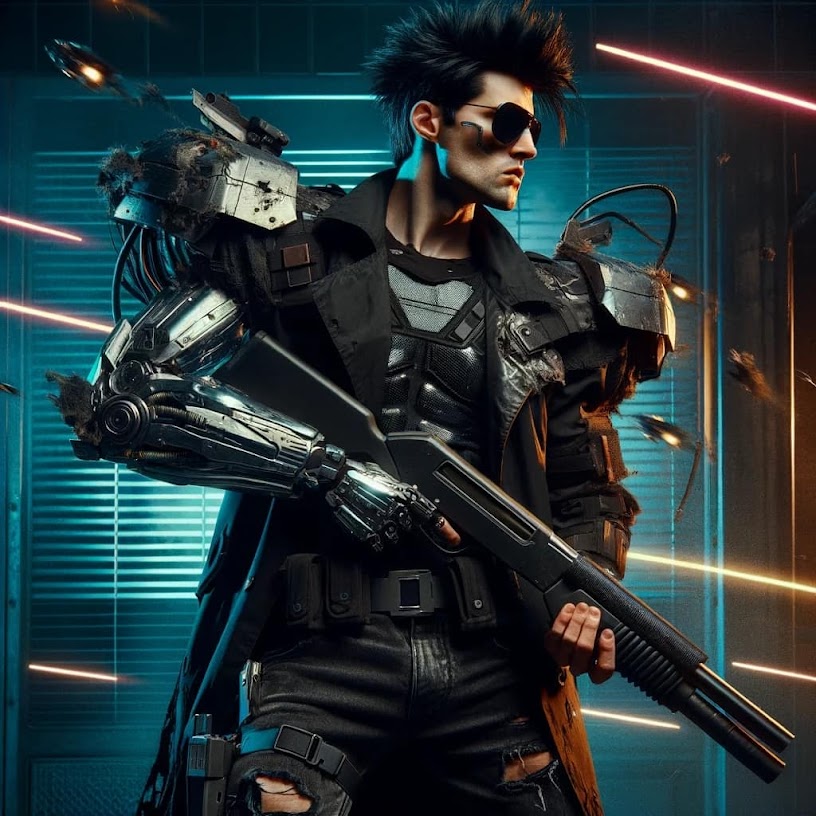
Table tip: Use species to sharpen your role. Cleethar brawler? Lead the breach. Vlendoren scout? Control terrain and the clock.
STR, INT, INST, AGL, LUCK, END, PER
What they do at the table:
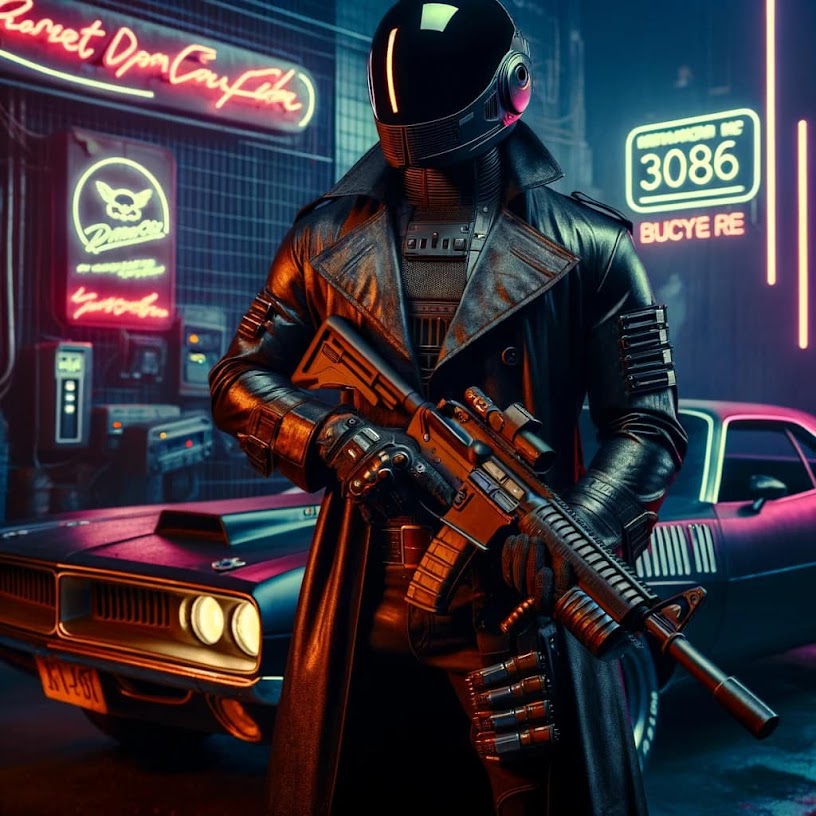
Templates like Fighter Pilot, Starship Gunner, Combat Medic, Scientist, Smuggler, etc. Each suggests the mainskills and subskills you’ll want. Mix and match—these are on-ramps, not handcuffs. Your “pilot” can be an ace stick jockey, a cool-headed negotiator, or both.
Grab a primary weapon that matches your subskill (Pistols, Rifles, SMGs, etc.), a backup, basic armor if you can afford it, a medkit, and at least one job-critical tool (lockbreakers, scanners, drones, field computer).
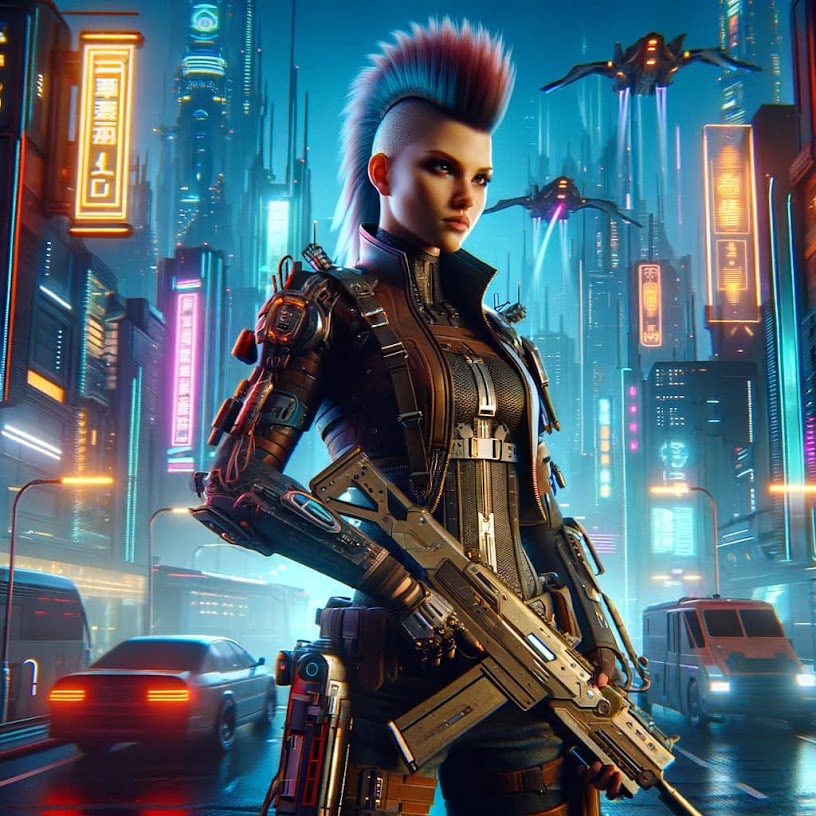
Example:
Breach a corp lock with Computer Specialist (46%) + Hacking (17%) + INT (50%) → 38% target.
Both sides roll their respective targets. Highest successful roll wins; if only one side succeeds, that side takes it.
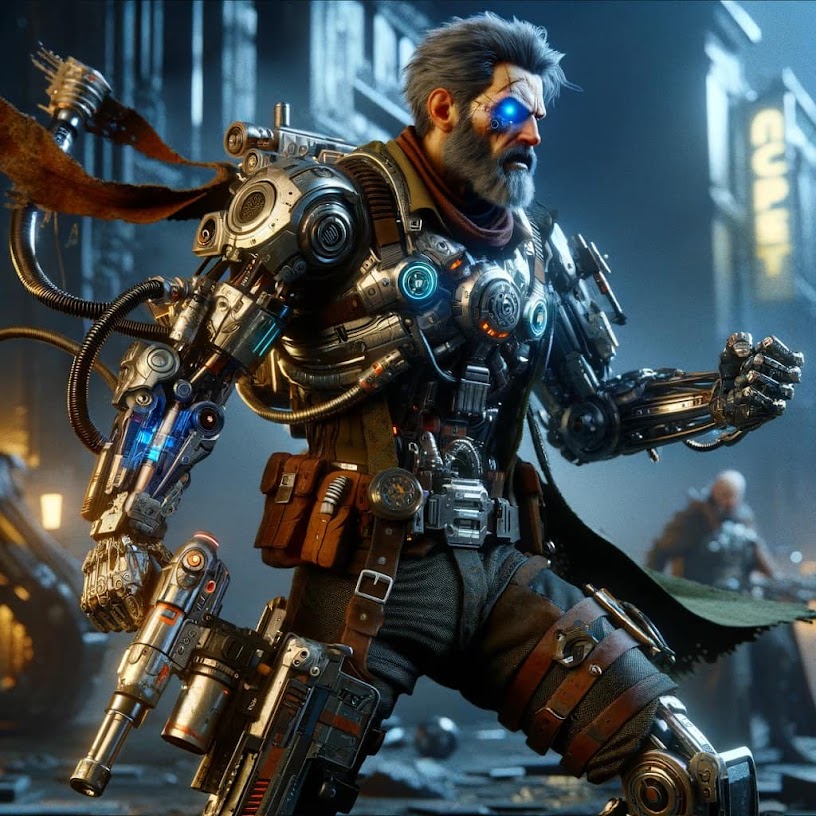
Survival mantra: Plan the breach, take the angle, stack the odds, then strike.
